KCCA, WORLD BANK MEET TO CLOSE LUBIGI DRAINAGE CHANNEL DISPUTE RESOLUTION PROCESS
PUBLISHED — 14th, May 2025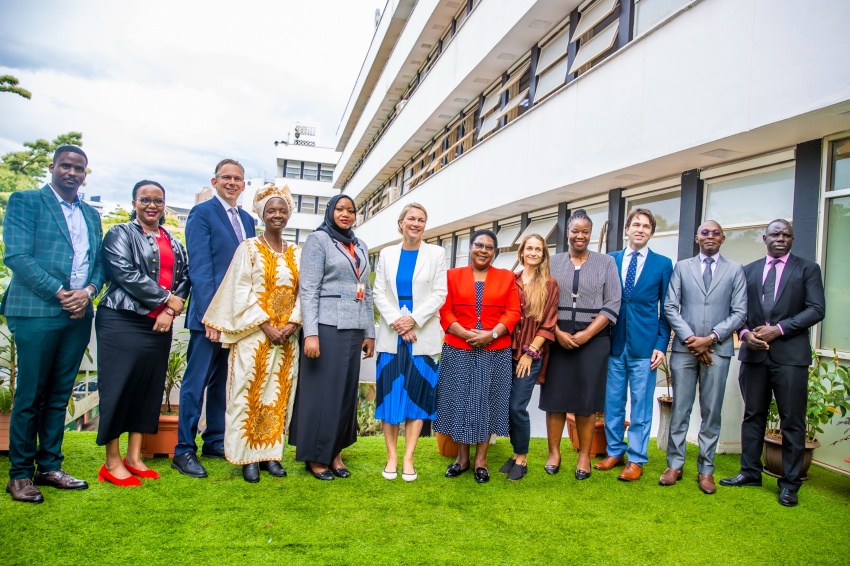
The Executive Director of Kampala Capital City Authority (KCCA), Hajjat Sharifah Buzeki, on Wednesday, May 14, hosted a delegation from the World Bank’s Dispute Resolution Service (DRS) to accelerate the resolution of outstanding issues surrounding the Lubigi Drainage Channel project. The meeting took place in the Executive Director’s boardroom at City Hall.
The Lubigi Drainage Channel, initiated under the Second Kampala Institutional and Infrastructure Development Project (KIIDP II), is a critical intervention aimed at mitigating persistent urban flooding in Kampala.
The World Bank team was led by Ms. Orsolya Székely, Head of the Dispute Resolution Service, who reaffirmed the World Bank’s commitment to supporting a fair and timely conclusion to the long-standing dispute resolution process linked to the project.
The mission marks the successful closure of Dispute Resolution Case No. 21/01-DRS, under Resolution Nos. IBRD 2020-0005 / IDA 2020-0004, bringing to a triumphant end a complex, multi-stakeholder process that began on May 31, 2023.
As one of the city's most vital drainage systems, the successful completion of this project is essential for improving the city’s resilience against heavy rainfall and flood events.
Speaking during the high-level engagement at City Hall, Hajjat Buzeki commended the World Bank’s Dispute Resolution Secretariat's commitment and the unwavering support towards implementation of this settlement agreement. She emphasized the process as a benchmark of institutional collaboration and conflict resolution.
The drawn-out dispute, centered on compensation concerns from Project Affected Persons (PAPs), had stalled the project’s implementation for months. Of the original disputes, all have now been resolved, clearing the path for unimpeded progress.
“This achievement represents not just closure, but progress. The lessons learned from this process will illuminate the path forward for managing future disputes with even greater efficiency and transparency.” Buzeki said.
Resolution of the dispute was not without challenges. Administrative hurdles such as the absence of Tax Identification Numbers (TINs), lack of access to email addresses, and delays in registration within the Integrated Financial Management System (IFMS) had severely hindered disbursements.
KCCA intervened decisively, coordinating with the Uganda Revenue Authority (URA) to support PAPs in acquiring TINs and establishing proper financial records a critical step in unlocking compensation.
Ms. Székely praised Uganda's collaborative approach to dispute resolution and emphasized the importance of continuous dialogue, transparency, and shared accountability:
“This resolution is a testament to the power of inclusive engagement and structured mediation. The DRS remains committed to ensuring that infrastructure development respects the rights and livelihoods of affected communities.”
With all pending disputes closed, KCCA affirmed its readiness to proceed with full-scale implementation of the Lubigi project.
The World Bank DRS committed to compiling a comprehensive report capturing the process, concerns raised by KCCA, and recommendations, which will be submitted to the World Bank Board for final archiving and institutional learning and any action as will be determined.
News & Announcements
26th, June 2025
21st, June 2025
20th, June 2025
19th, June 2025
19th, June 2025
17th, June 2025
13th, June 2025
11th, June 2025
10th, June 2025
5th, June 2025


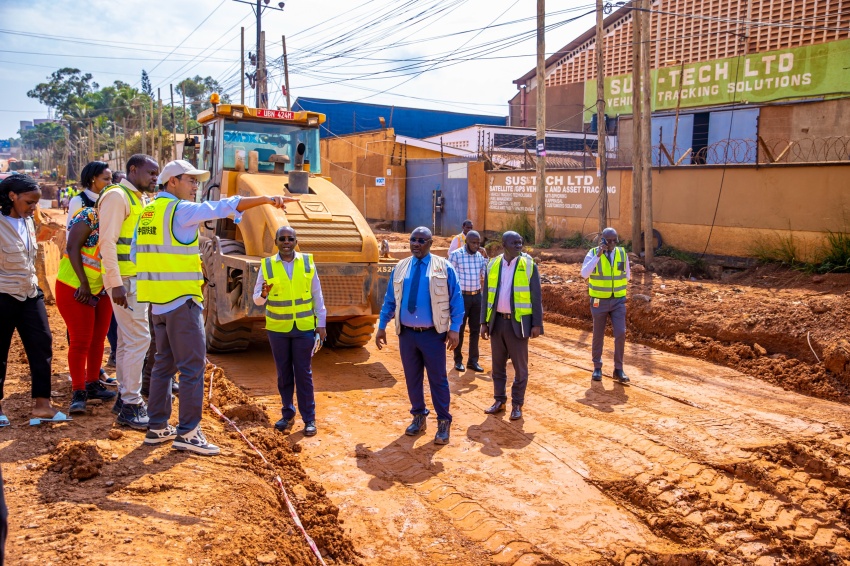
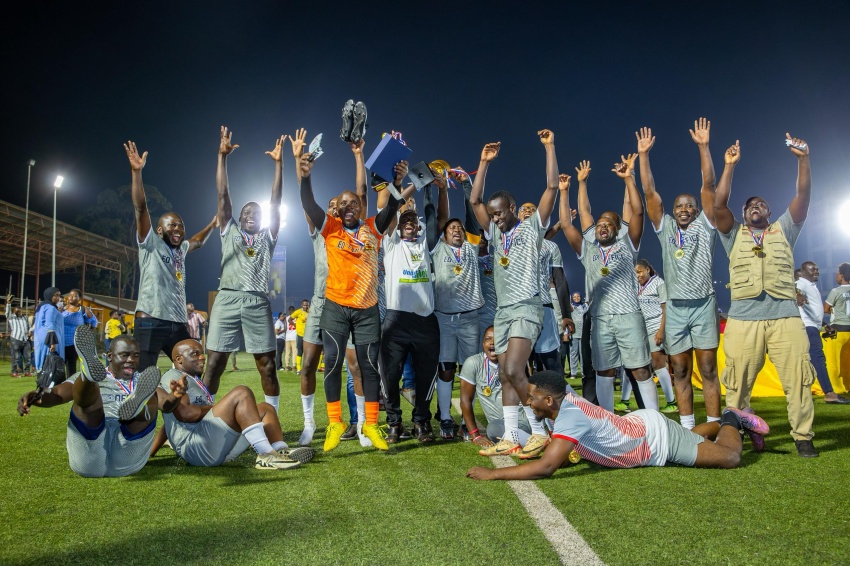
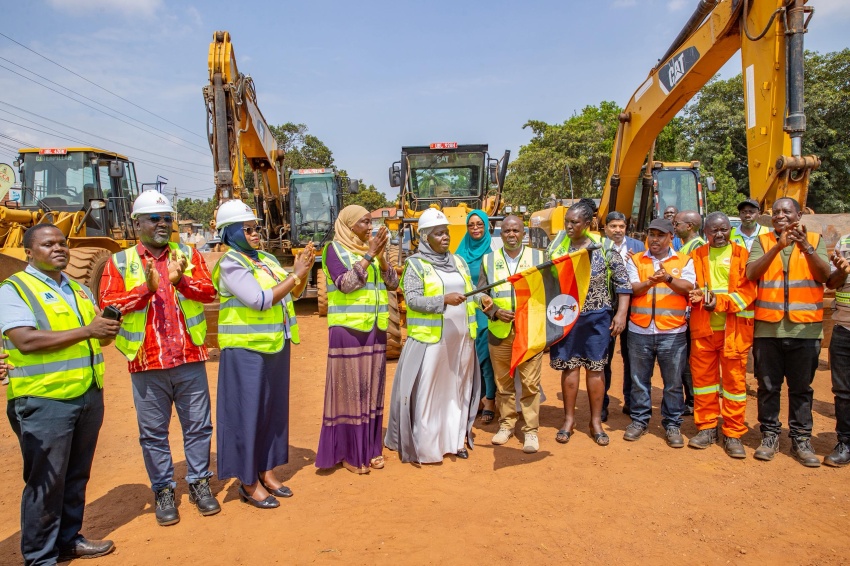

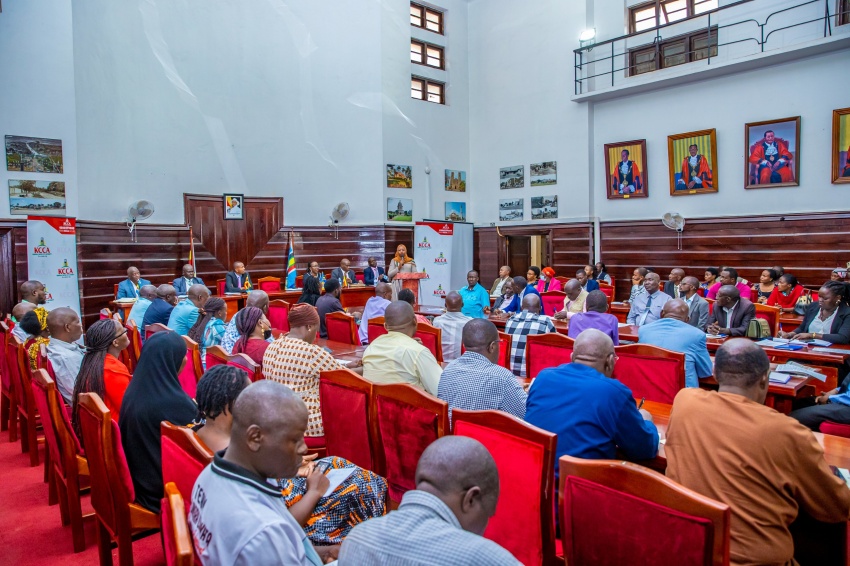
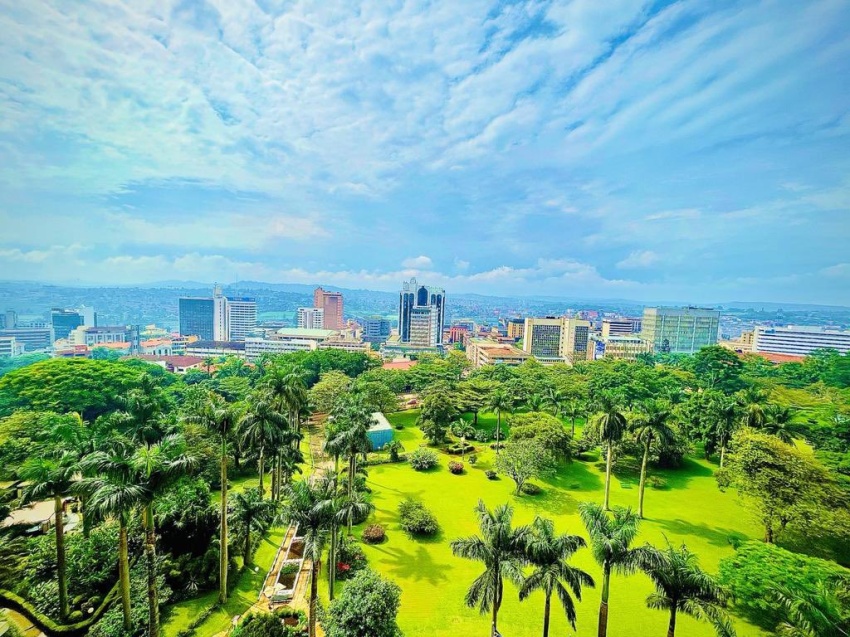
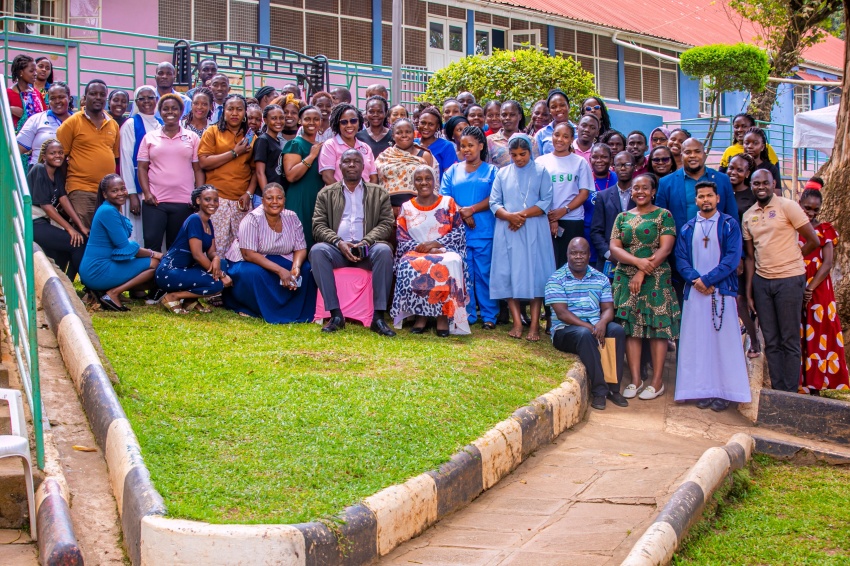
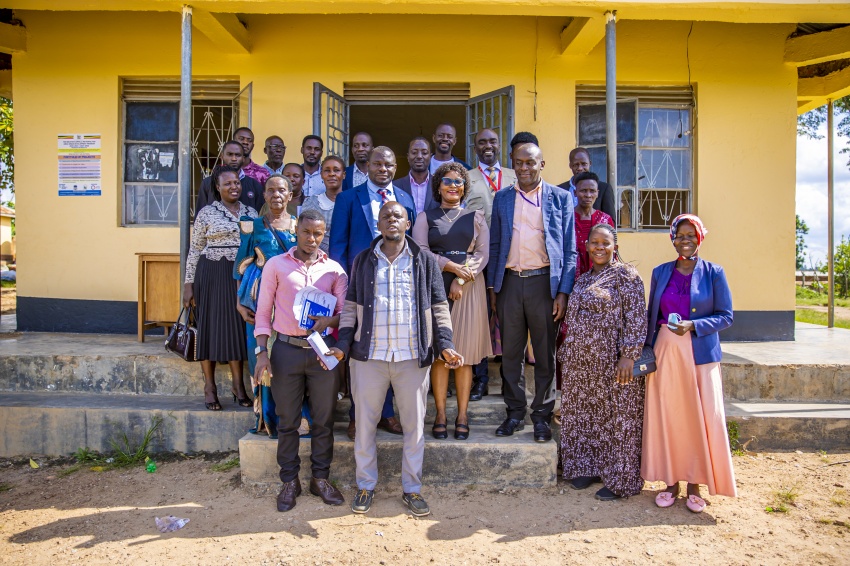
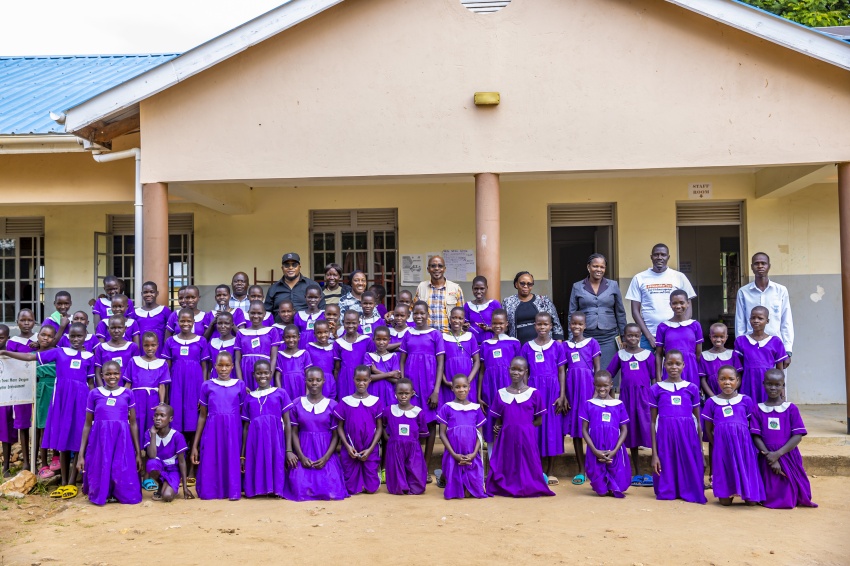









Development partners